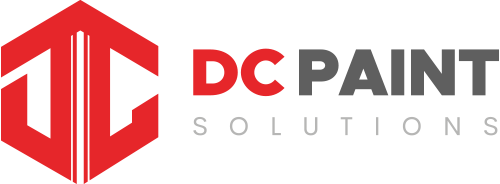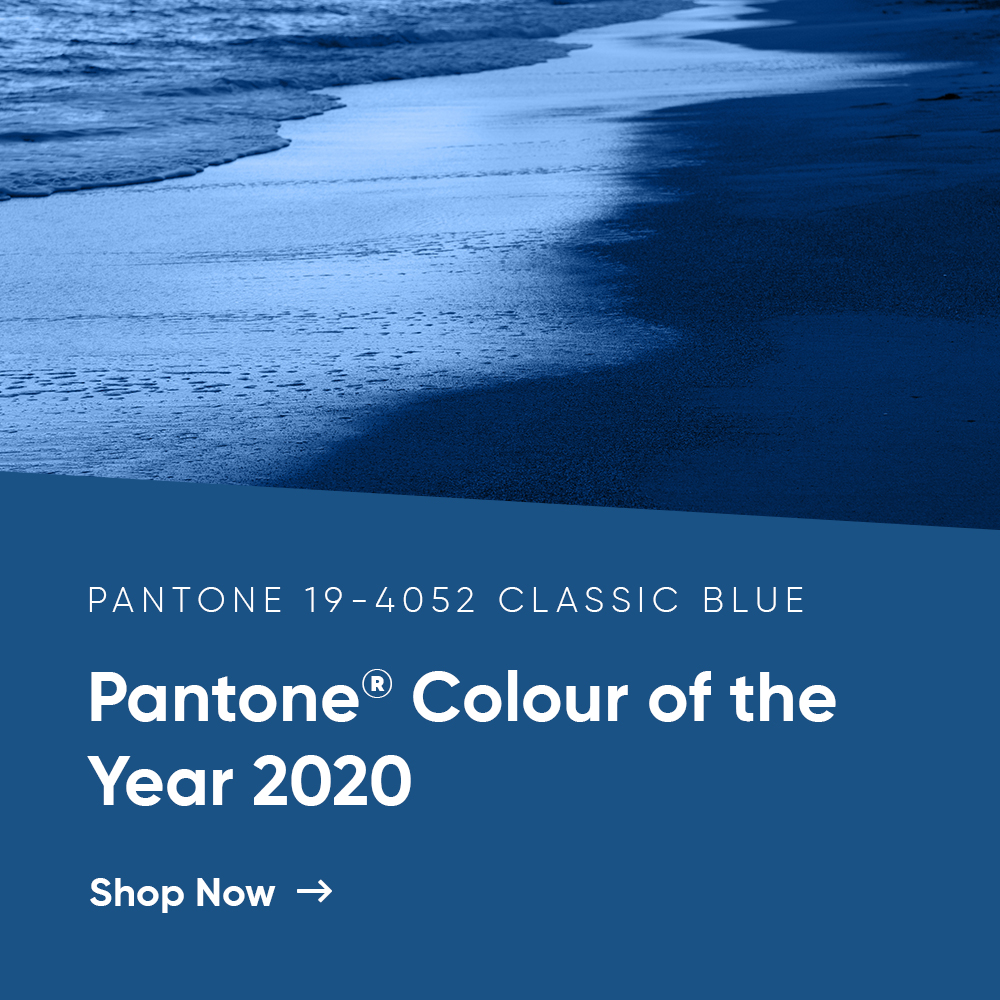 Historically, spray paint was a medium perhaps almost solely associated with graffiti and street artists and their art, however over recent years this trend has come to an end. This is because with increasing frequency spray paint is being utilised as the paint application method of choice in a variety of applications, ranging from exterior recoats on commercial properties through to aesthetic facelifts in domestic interiors.
Historically, spray paint was a medium perhaps almost solely associated with graffiti and street artists and their art, however over recent years this trend has come to an end. This is because with increasing frequency spray paint is being utilised as the paint application method of choice in a variety of applications, ranging from exterior recoats on commercial properties through to aesthetic facelifts in domestic interiors.
Why has this change occurred? What factors are responsible for the increased popularity of spray paint over recent years? Perhaps the chief reason for the greatly increased usage of spray paint outside the realm of street art and graffiti is the ease and speed of application it offers. Applying a coating to a substrate with spray paint could not be simpler. An individual takes the spray can, holds down the nozzle and applies across the length or width of the object in a number of strokes. Once completed a subsequent coating is applied. This is far less labour and time intensive than traditional painting methods that require for the individual to constantly top up the paint on the application tool, whether brush or roller, and then apply the coating through a series of strokes.
 This point leads us to a second factor which is responsible for the overwhelming popularity of spray paint in both domestic and commercial projects. Namely that a consistent coating can be achieved with ease through the use of spray paint. This is because with spray paint, all of the paint is fed through a nozzle before entering the atmosphere and subsequent application. The nozzle ensures, that provided the application pressure remains the same, the amount of paint applied is consistent throughout application. This in turn results in a consistent coating thickness that is reflected through the finish quality throughout the application. Again this simply is not as easily available with other application means, such as brushing, whereby a high level of skill and diligence is required to ensure that a consistent coating is accomplished. With our unique nozzle, the application of spray paint has never been easier, as our nozzle enables for a paint stream of between 2 and 12 inches to be selected, for further information click here.
This point leads us to a second factor which is responsible for the overwhelming popularity of spray paint in both domestic and commercial projects. Namely that a consistent coating can be achieved with ease through the use of spray paint. This is because with spray paint, all of the paint is fed through a nozzle before entering the atmosphere and subsequent application. The nozzle ensures, that provided the application pressure remains the same, the amount of paint applied is consistent throughout application. This in turn results in a consistent coating thickness that is reflected through the finish quality throughout the application. Again this simply is not as easily available with other application means, such as brushing, whereby a high level of skill and diligence is required to ensure that a consistent coating is accomplished. With our unique nozzle, the application of spray paint has never been easier, as our nozzle enables for a paint stream of between 2 and 12 inches to be selected, for further information click here.
 It is not merely the advantages of application that make spray paint an incredibly popular selection for paint application. It is also the quality of coating that is achieved. This is not merely from an aesthetic perspective, but also in terms of the durability and protection that is provided. To demonstrate, by applying spray paint to a substrate, especially an external one that is exposed to the worst of the weather, it provides a protective coating. Instead of damage and weathering occurring to the substrate, the coating takes the damage. This means that the longevity of your application is greatly increased, therefore resulting in reduced overheads due to less costs associated with reparations. In addition, should the coating begin to fail or become compromised over time, it can be quickly and inexpensively replaced, ensuring ongoing protection.
It is not merely the advantages of application that make spray paint an incredibly popular selection for paint application. It is also the quality of coating that is achieved. This is not merely from an aesthetic perspective, but also in terms of the durability and protection that is provided. To demonstrate, by applying spray paint to a substrate, especially an external one that is exposed to the worst of the weather, it provides a protective coating. Instead of damage and weathering occurring to the substrate, the coating takes the damage. This means that the longevity of your application is greatly increased, therefore resulting in reduced overheads due to less costs associated with reparations. In addition, should the coating begin to fail or become compromised over time, it can be quickly and inexpensively replaced, ensuring ongoing protection.
Whilst this factor is not exclusive to spray paint, as all paint that is applied to a substrate provides varying degrees of protection to the underlying substrate. Spray paint differs as conventional paint merely sits on top of the surface to which it is applied, meaning that over time it can separate and peel away, this not only results in a poor aesthetic appearance, it means that the underlying surface is no longer protected. In some cases, damp can occur between the paint and the substrate, causing unseen damage to which the owner is often oblivious. With spray paint, however, the paint actually  forms a bond to the surface to which it is applied, meaning that the subsequent coating is more durable and provides substantially greater longevity than is provided by other paint application methods.
forms a bond to the surface to which it is applied, meaning that the subsequent coating is more durable and provides substantially greater longevity than is provided by other paint application methods.
It is not merely practical factors that can attribute for the overwhelming popularity of spray paint. A further reason for its popularity is the diversity of substrates to which it can be effectively coated, providing all of the advantages listed above. The substrates to which spray paint can be applied include, but are not limited to, are wood, metal, plastic and glass. Therefore the applications which are suitable for spraying are far more diverse in their scope than other application methods.
A further reason for the high levels of popularity that spray paint is enjoying that have taken it from the domain of street art and graffiti into mainstream usage is the diversity of coating available. Seemingly, there is no limit on the coating colour available in spray paint form. This diversity not only includes the colour contained within the popular and leading colour coding systems, such as the Pantone coding system or the RAL system, it also includes a number of contemporary coating types. This includes those created by VeroMetal, this paint differs from other paint types as the paint contained within each spray can is comprised of 95% metal. This means that once the coating is applied the material or substrate to which it is applied actually enjoys all of the benefits and characteristics of a metal coating. This is highly beneficial as it enables for individuals to take advantage of a metal coating within the cost and weight associated with the real thing.
 Often, individuals are reluctant to make use of spray paint as they are unsure of the exact classification of their desired coating. However, we wish to assure you that uncertainty of your desired colour need not be an obstacle preventing you enjoying the benefits of spray paint. This is because we offer our customers a free colour match service, this ensures that each of our customers get the optimum colour for their project without compromise. For further information click here.
Often, individuals are reluctant to make use of spray paint as they are unsure of the exact classification of their desired coating. However, we wish to assure you that uncertainty of your desired colour need not be an obstacle preventing you enjoying the benefits of spray paint. This is because we offer our customers a free colour match service, this ensures that each of our customers get the optimum colour for their project without compromise. For further information click here.
For further information about the benefits of spray paint when compared with other application methods, or to enquire about our customisation options and bulk order savings, a member of our dedicated customer service team can be contacted by calling: 01908 272 855. Alternatively, email enquiries can be sent to us at: info@proaerosols.com.




